As taken from BAAS:
One cold early Spring morning a beautiful, healthy baby girl, 3 days old, wakes up to find herself alone on a deserted street, hungry and cold. Her mother does not answer her cries, and in fact no one responds for hours. The baby, increasingly agitated and distressed, screams with primal urgency. Eventually a stranger happens by, picks up the crying baby and delivers her to the police station. Through several more intermediaries, the baby is eventually delivered to the local social welfare institute.
Examined by a doctor and then wrapped in blankets and fed a bottle, she is deposited into a crib and left alone for much of the rest of the day. That night, no one comes to answer her frantic cries. More days go by, more cries unanswered. Feeding and diapering are administered on a rigid schedule, since the caregivers have so many babies to attend to, and there is minimal opportunity to be held, carried, or spoken to. Stimulation is limited to what the baby can see, hear and feel from her crib. Feedings are piping hot bottles of formula, propped for maximum efficiency, delivered through extra large holes in the nipple. Occasionally the baby's mouth loses its place on the nipple and the entire contents of the bottle pours onto her body. When that happens she misses her feeding, and her wet clothes aren't changed for another hour or more.
Eventually the baby stops crying altogether because she has learned that crying rarely draws anyone to her. She is often lonely and scared, especially at night. The sounds of other babies crying and in distress cause her great anxiety, which she learns to tolerate by shutting down and withdrawing deeper inside herself in an attempt to protect herself from the constant stressors in her environment.
One day many months later, the baby is bundled up and brought by bus to a city several hours away. She is handed to a stranger with just the clothes on her back and one bottle of prepared formula. Otherwise, everything of her old life has vanished in an instant. The stranger brings her to a hotel across town, where she is changed into new, peculiar smelling clothes. The stranger shakes a brightly colored rattle in her face. The baby's environment has gone from one of minimal stimulation to one of hyper stimulation; new sounds, new smells, new sights, new sensations, delivered in rapid fire sequence. The stranger tries to feed her a Cheerio, but the baby reflexively gags because she's never had solid food in her mouth. The stranger tries to bathe her in the sink but the sensation is unfamiliar and terrifying. The stressed baby, overwhelmed, sinks deeper and deeper into a state of shock and withdrawal.
And they lived happily ever after.
Please read the rest of the article - it provides a clear insight into the possibilities of life at home after adoption.







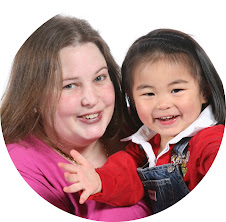




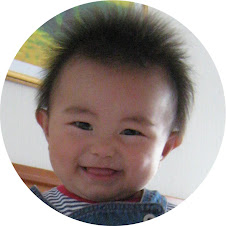
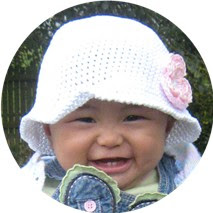

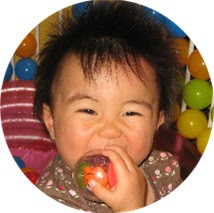
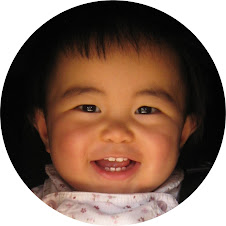
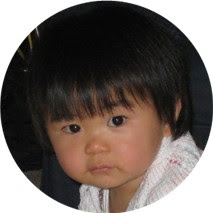
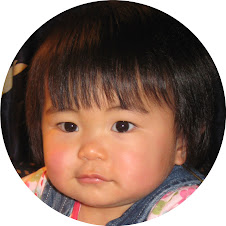


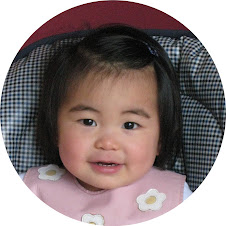
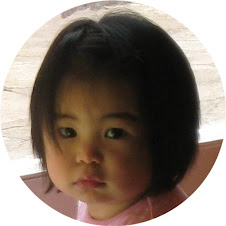
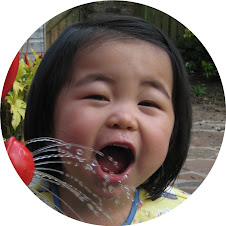
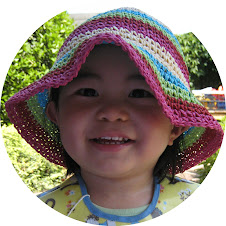
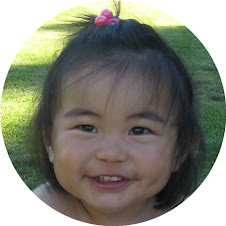
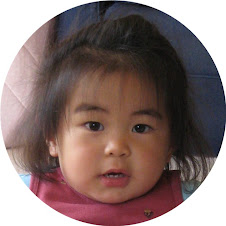
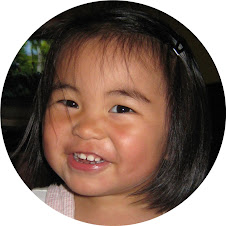
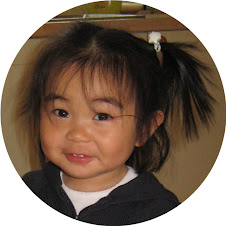
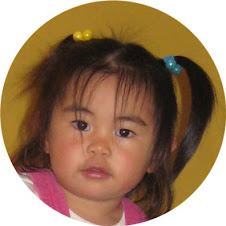
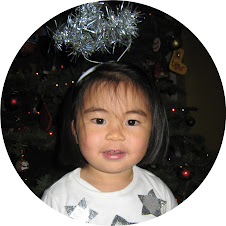
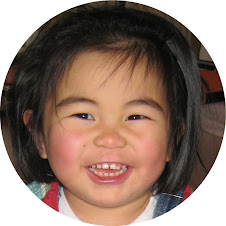


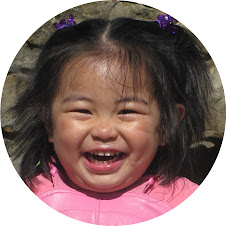
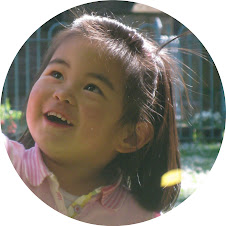
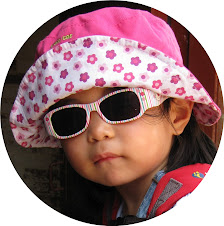
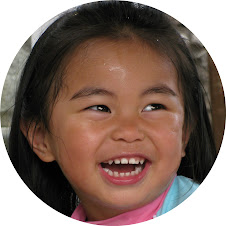
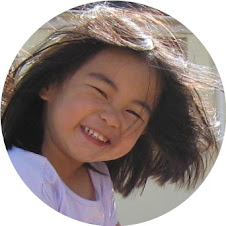
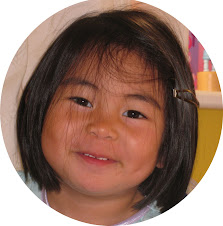
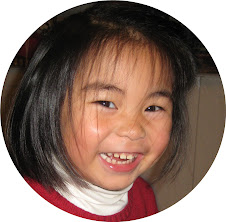

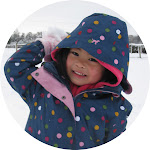
No comments:
Post a Comment